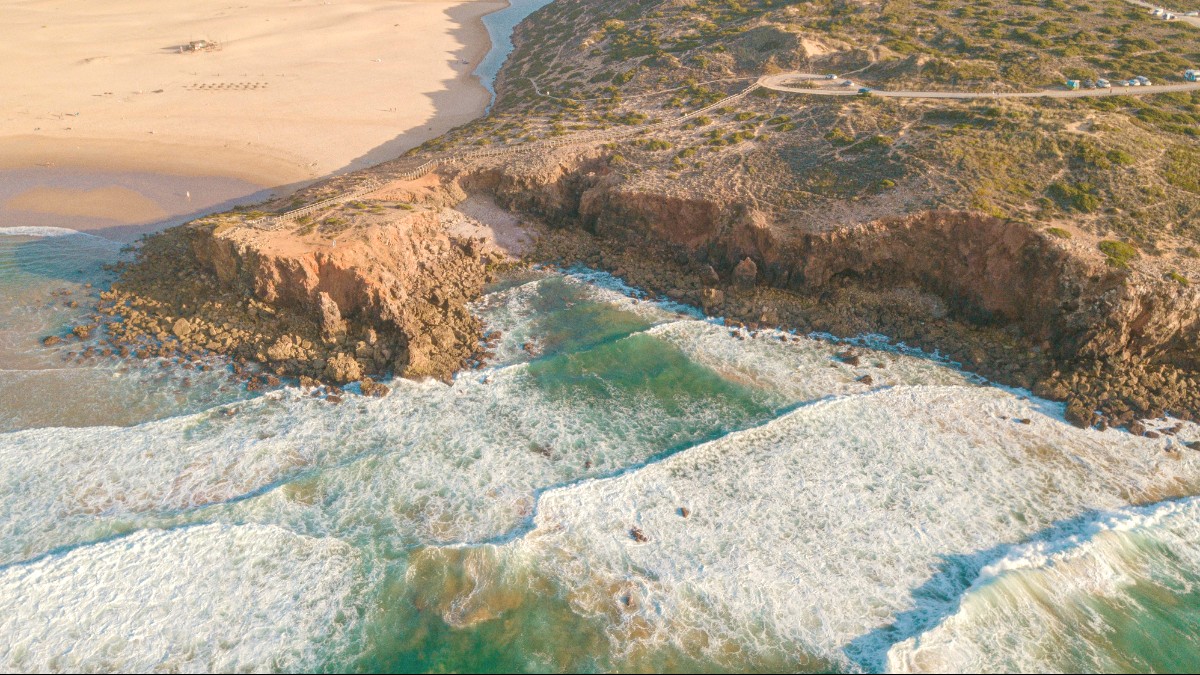
Southeast England, England
Explore the island's natural beauty through a variety of terrestrial pursuits.
This 70-mile path encircles the island. Some sections, especially on the south-west coast, involve steep climbs and can be challenging. Most sections are moderate, and visitors can divide the path into manageable day walks.
This 14-mile route is moderate to challenging. It traverses the island's downs, featuring significant ascents and descents, and offers spectacular panoramic views.
Chine walks (Shanklin, Ventnor, Luccombe) are shorter, easier routes through picturesque gorges. Forest walks (Parkhurst Forest) present peaceful, accessible trails. Resources: Ordnance Survey (OS) Maps and local walking guides provide detailed route information.
Always check local weather conditions and tide times before engaging in outdoor or water-based activities. Some coastal areas have changing conditions.
Connect with the Isle of Wight's local culture through hands-on experiences, performances, and community engagement.
Theatre: Shanklin Theatre and Medina Theatre in Newport host various performances, including plays, concerts, and comedy shows. Local Music: Many pubs feature live music nights, demonstrating local folk or contemporary bands.
Isle of Wight Festival (June): A major music festival drawing international acts. Cowes Week (August): A world-renowned sailing regatta, accompanied by a lively onshore atmosphere. Isle of Wight Garlic Festival (August): A popular event celebrating all things garlic.
Isle of Wight Walking Festival (May & October): Features guided and self-guided walks, often with special events and activities for walkers. Check local listings for all seasonal happenings.
From live music in pubs to theatrical productions, the island's arts scene offers varied entertainment.
The island's tranquil environment and fresh sea air provide an ideal setting for relaxation and wellness.
The Isle of Wight does not have hot springs. Its main natural therapies stem from invigorating coastal walks, fresh sea air, and the calming influence of its landscapes.
Some smaller, independent retreats or workshops focusing on yoga and meditation may appear. Research local listings for current offerings.
Traditional healing practices do not constitute a prominent feature for tourists on the Isle of Wight.
Some hotels feature indoor or outdoor pools for guest use, providing a refreshing amenity for relaxation.
Beach clubs are not common; most beaches remain public access, offering open space for relaxation, sunbathing, and coastal walks.
Seek out secluded coves for peaceful moments and a tranquil connection with the sea.
The Isle of Wight offers a relaxed nightlife scene centered around pubs and local venues.
Nightclub options remain limited. Cowes, Ryde, and Newport have a few late-night bars or small clubs, but the island is not a major clubbing destination.
Cowes High Street offers several pubs and bars, popular with the sailing community. Ryde Esplanade/Union Street features various pubs. Newport has more traditional pubs, providing a local experience.
Many quaint, historic pubs are scattered across the island, like The Buddle Inn in Niton and The Red Lion in Freshwater, offering a cozy atmosphere. Entertainment generally revolves around pubs, which typically close around 11 PM or midnight. Very few late-night venues exist outside of the main towns.
The island's nightlife centers on its welcoming pubs, providing a relaxed atmosphere for socializing.
Expect a calmer evening experience compared to major cities, with focus on conversation and local charm.
During festivals and regattas, the main towns experience a noticeable increase in evening activity and special events.
For a quintessential Isle of Wight evening, find a traditional pub with a sea view and enjoy a local ale as the sun sets.